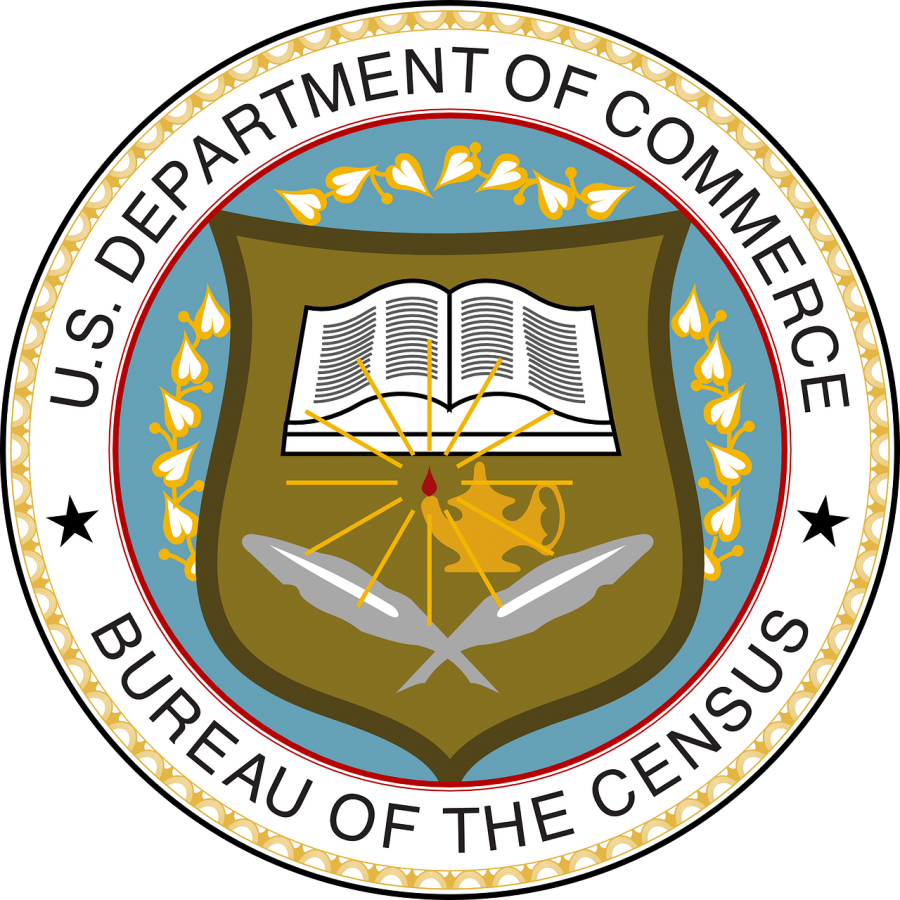What Is It?
The U.S. Census is a count and survey of American citizens that is taken every 10 years. Questions about age, ancestry, disability, marital status, and more can be found on the census forms. Though only a sample of American homes and businesses are asked to participate in this survey, the answers provide data about our citizens. The process is administered by the Census Bureau, a division of the Department of Commerce.
Why Is It Important?
The census provides crucial information on the population and demographics of our country, which directly affects how legislative districts are drawn, funds are allocated, and infrastructure is improved across the nation. The Census Bureau allocates $400 billion to American communities every year, and the census itself decides how and where those funds are spent. The census is even mentioned as a requirement in the Constitution.
Why Is It in the News Today?
As America approaches the 2020 census, lawmakers have considered reinstating a question that hasn’t been asked on the form since 1950: the question of the reader’s citizenship. This question may prompt many to avoid taking the census, which has drastic implications. Critics of the question–including the state of California who filed a lawsuit against the plan–say states with higher immigrant populations will be\underfunded as a result. And California is not alone. Twelve states declared in March “that they would sue to block the Trump administration from adding a question about citizenship to the 2020 census,” according to the New York Times. The Constitution says that all people living in America should be counted in the census, not just citizens, making this debate both a legal and a human rights issue.









![[BRIEF] The Muse recognized as NSPA Online Pacemaker Finalist](https://www.themuseatdreyfoos.com/wp-content/uploads/2025/03/IMG_2942.jpeg)
















































